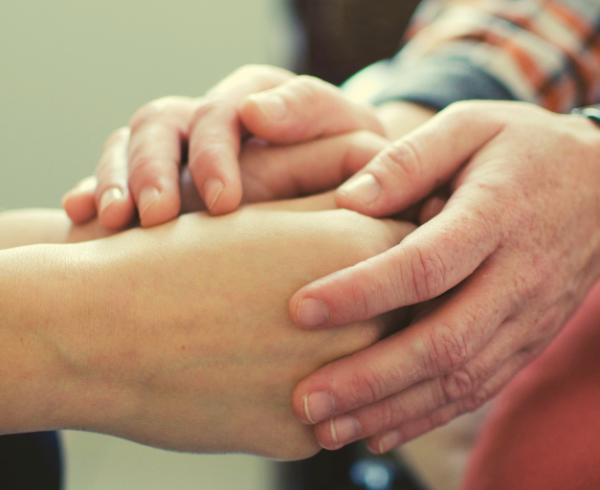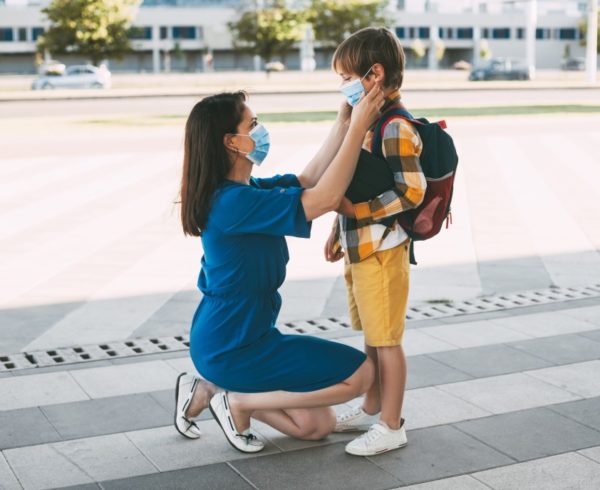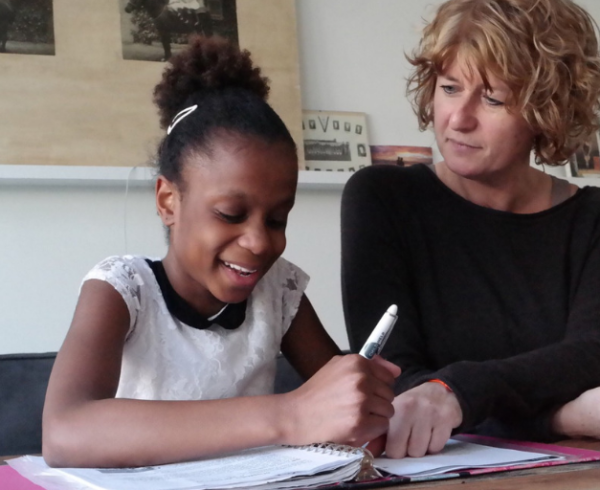Masks, once reserved for Halloween and ski trips, are now an everyday necessity. Everyone from Old Navy to your grandma’s best friend are making them these days! But what is it like to actually wear one? Now that they are mandatory in indoor spaces pretty much everywhere across Canada, even the most hesitant among us may need to venture into mask-wearing territory.
If you are planning to enter any public enclosed spaces, whether to go grocery shopping or to the dentist, you will most likely have to don a mask for a period of time.
Wearing a mask, along with regular hand washing, has long been known to slow the spread of respiratory illnesses. Wearing one will allow you to go more places as things begin to open up, while at the same time helping to prevent another shutdown. Individual reactions to wearing a mask in public spaces will vary. Whether you are indifferent or downright fearful about masks, here are some tips to help you through it!
But wearing a mask gives me anxiety!
Most of us are not used to having something cover our faces for an extended period of time, and there are many reasons wearing a mask may cause anxiety. Some people may experience symptoms of overheating or difficulty breathing which could trigger fear, anxiety, or panic sensations (those with pre-existing anxiety, panic, or trauma disorders may be particularly sensitive).
Because our thoughts, emotions, physical sensations, and behaviours are connected, uncomfortable physical sensations may trigger negative thoughts and emotions about masks that could lead to not wearing or other changes in behaviour – but it’s important to recognize that the fear response, while uncomfortable, is not dangerous (for instance, there is no evidence that masks create a dangerous buildup of carbon dioxide or lack of oxygen for the wearer).
The Pressure’s On
When we wear a mask, we’re directly protecting others – but we’re also indirectly protecting ourselves. This is because the more people we see wearing masks, the more that signals to everyone that it is the right thing to do, and the more YOU end up being protected. Setting a positive example may help others more easily adopt this practice.
Mask Wearing Tips
Here are some ideas on how to make mask wearing more tolerable, and reduce any anxiety that you may be feeling about our new normal:
Find a mask that fits comfortably
You may need to experiment with different styles or fabrics of masks, as one may be more comfortable for you than another. Some styles have elastic around the ears and others have elastic that goes around the back of the head. Others have no elastic and instead are held in place by soft cloth that tucks behind the ears.
Finding a mask that fits you comfortably is a huge step towards being able to tolerate wearing it for longer periods of time.
Practice wearing a mask at home
To help yourself adjust, try wearing the mask for short periods of time at first, gradually increasing until you can wear it long enough to do whatever it is you need to do.
Starting small and working up over time can help you gradually increase your comfort and familiarity with the mask.
Reframe negative thoughts and feelings about masks
Rather than “This is terrible and I can’t stand it,” can you tell yourself “I won’t have to do this forever, and it will keep many people safe in the meantime”?
Reframing your negative thoughts using supportive and compassionate self-talk can help you learn to tolerate discomfort and stay focused on the bigger picture. Can you be okay with not being perfectly comfortable if you know that you will be helping others?
Try a breathing technique
Focusing on the discomfort may raise your anxiety levels and cause you to breathe more shallowly, which increases your anxiety levels, which causes you to breathe more shallowly, and so on.
Box breathing is a relaxation technique that can help you break this cycle; it involves breathing in for a count of four, holding that breath for a count of four, breathing out for a count of four, then holding the breath for another count of four before inhaling again.
Practicing box breathing – even for a few minutes – can start to calm the nervous system, and help you realize that it is possible to breathe calmly while wearing a mask.
Practice mindfulness while wearing a mask
If you notice discomfort, try to allow it to be without fighting it. Cultivating an attitude of acceptance towards the situation can give you more energy for other things.
Instead, direct your attention to other aspects of your experience – what you can see, hear, smell, or feel, for example.
Take breaks from mask wearing
If you do have to wear a mask for extended periods of time, try to find ways to give yourself mini breaks. This could be stepping outside for some fresh air, taking a visit to the restroom, or breaking down errands into smaller chunks that you are able to handle.
Know when it may be time to see a mental health professional
Are you avoiding going out even when you have to? Are you changing your life around in complex ways because of an aversion to wearing a mask?
Don’t let psychological factors hold you back from experiencing life! Seeking cognitive-behavioural therapy (CBT) with a professional therapist can help you examine the connection between physical sensations, thoughts, emotions, and behaviours, and learn strategies for tolerating and overcoming fear and avoidance.
Remember: even small ways of exercising some control in a time that feels very out of control can be empowering. The more we all take the necessary precautions, the more we can protect ourselves and our loved ones from becoming ill.









Leave a Comment